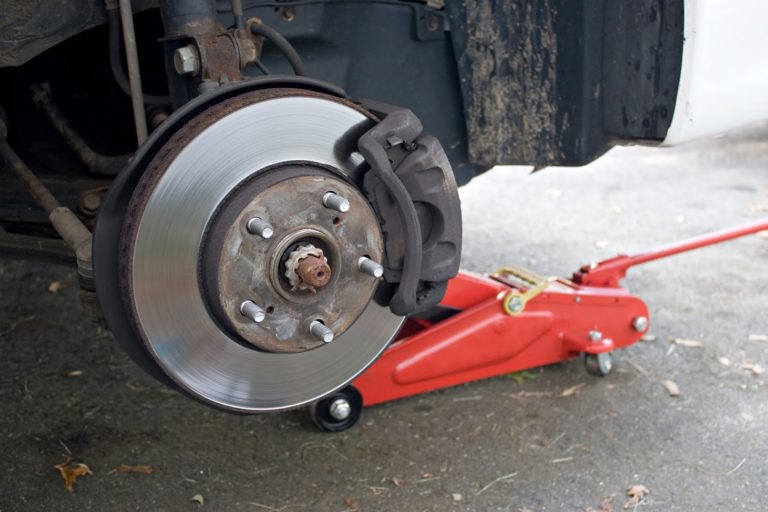Automotive braking systems utilize a large array of components in order to safely bring your car to a stop when you press down on the brake pedal. All of the different components involved means that brake systems can experience many different problems. Any of these problems can reduce your car’s stopping ability and put you at risk.
To ensure safe driving, car owners should know how to recognize the signs of trouble. Unfortunately, many people suffer from inaccurate ideas about what certain brake symptoms really mean. If you would like to increase your brake system troubleshooting skills, keep reading. This article debunks three common myths regarding automotive brakes.
- Excessive Vibration Stems from Warped Rotors
One of the most common braking problems involves odd or unusual vibrations that occur when you push down on your brake pedal. These vibrations often travel up to the steering wheel. Likewise, you may notice that your car won’t brake smoothly and efficiency. In many cases, these problems stem from the problem many people call warped rotors.
Unfortunately, this name often leads to serious misinterpretation of the real problems at play. Brake rotors consist of metal slabs thick enough to prevent them from actually becoming warped. Those unwanted vibrations actually stem from alterations to the rotor surface. Such changes prevent the brake pads from maintaining constant contact with the rotor.
In most cases, vibrating brakes stem from the build-up of debris on the brake rotor’s surface. This phenomenon, known as glazing, happens when brake pads become overheated. This causes the pads to become soft enough that some of their material transfers to the surface of the rotor, leading to an uneven surface.
- Mushy Brakes Indicate Worn Out Pads
Another commonly experienced braking issue involves a spongy feeling when pushing down the pedal. This feeling may make it seem like your brakes fail to engage — or at least fail to engage until the pedal has started to near the floor of your car. Many people assume that this issue indicates that their brake pads have worn down.
Yet mushy brakes actually stem from the presence of air in your braking fluid. Brakes work by hydraulic pressure. In other words, the force you apply to one end of a hydraulic system will quickly move to the other end. Such systems capitalize on a physical property of fluids — that fluids can’t be compressed. Air, however, compresses quite easily.
Thus, when air gets into your fluid lines, this leads to your parts not responding. The mushy feeling when you push down on your pedal corresponds to the air compressed down to a tight enough level that force can continue moving on to the fluid. A mechanic can alleviate the issue by carefully draining the air from your brake fluid.
- Brake Squeal Always Means You Need New Pads
A more reliable indication of brake pad wear involves piercing, squealing, or squeaking sounds when you push down on your brakes. Such sounds stem from special wear indicators found in many brake pads. These indicators act to alert you to the advanced degree of wear — a sure sign that you are ready for new brake pads.
Yet worn brake pads aren’t the only thing that can lead to brake squeal. The issue may also stem from a variety of other problems, including glazed pads, broken anti-rattle clips, and missing insulation shims. Be sure to seek professional assistance as soon as possible, since the underlying issue may be much more severe than simply worn pads.
Car owners can protect themselves against unwanted brake problems by learning more about troublesome symptoms. For more information about how to recognize signs that your brakes need work, please contact the automotive pros at Evans Tire & Service Centers.

